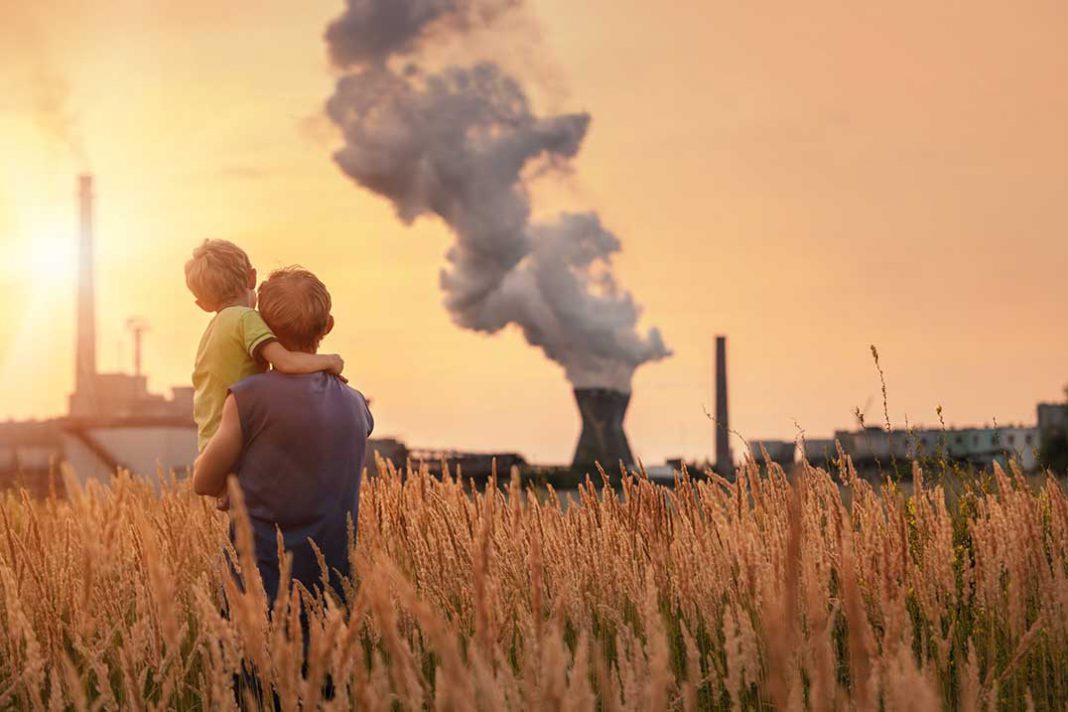KAGAWONG—While it may not be surprising, it is still not good news, says Barbara Erskine, Manitoulin Energy Plan Coordinator with Smart Green Communities of a recently released report that indicates Canada is warming twice as fast as the rest of the world.
“It’s not a huge surprise,” said Ms. Erskine last week. “In my presentation earlier this spring to the MMA (Manitoulin Municipal Association), I quoted a report that had been written in 2015 with projections for Ontario climate changes. It pretty much agrees with the new report from the federal scientists.”
The Canadian Press reported April 2, 2019 that Canada is warming up twice as fast as the rest of the world and it’s effectively irreversible, according to a new scientific report from Environment and Climate Change Canada. At stake is just how bad that warming gets, said several scientists presenting the ‘Canada’s Climate Change Report’ in Ottawa last week.
“Based on the work of 43 federal- and university-based scientists who reviewed published scientific literature over the last two years, the report is stark in its findings,” said Elizabeth Bush, a climate science advisor at Environment Canada. She explained, “we are already seeing the effects of widespread warming in Canada. It’s clear, the science supports the fact that adapting to climate change is an imperative. Urgent action is needed to reduce emissions.”
The report says the average temperature in Canada is 1.7°C higher today than it was 70 years ago, while the average global temperature is up 0.8°C.
The Canadian Arctic has been hit even harder with a 2.3°C increase, creating a risk that by the middle of this century most marine regions in the Canadian North will be ice-free for at least a month at a time, the report indicates.
Warming is happening even faster in winter, with a 3.3°C average temperature increase between December and February, leaving southern Canadians with more winter rain and Northern Canadians with melting permafrost and less sea ice. More rain and less snow could have a significant impact on the availability of fresh water in parts of the country, particularly in the summer, the report notes.
Warmer winters also mean certain species that can’t survive Canada’s winters now will start to do so, bringing pests and diseases to Canada that have not been seen before, the report notes.
The scientists acknowledged that emission cuts need to be global but also said cuts anywhere can have an impact on the planet’s climate.
The report makes clear that the climate impacts already seen on Earth are going to stay with the planet for “centuries to millennia” even if the world hits the emissions cuts believed necessary to slow warming to a more manageable pace.
Ms. Bush told the Canadian Press there are two vastly different pictures for Canada depending on whether the world makes significant progress towards cutting greenhouse gas emissions to zero by 2050. The report shows if the world can do that, the average temperature increases in Canada by the end of the century will be less than 3°C even in the hardest-hit parts of the country.
But if the world keeps emitting at the same rate, most parts of Canada will see increases of between 7°C and 9°C, with the far reaches of the Arctic seeing temperature changes in excess of 11°C, reports the Canadian Press.
“We (Canada) need to get our act together drastically and meet the Paris Accord agreement. If we don’t do anything it will mean carbon emissions and temperatures will increase, and this has to be done worldwide. It is almost incomprehensible what the effects will be if action is not taken now. There needs to be political will to make the changes needed,” said Ms. Erskine. “Where is the conversation? Given the urgency of this issue, action needs to be taken.”





